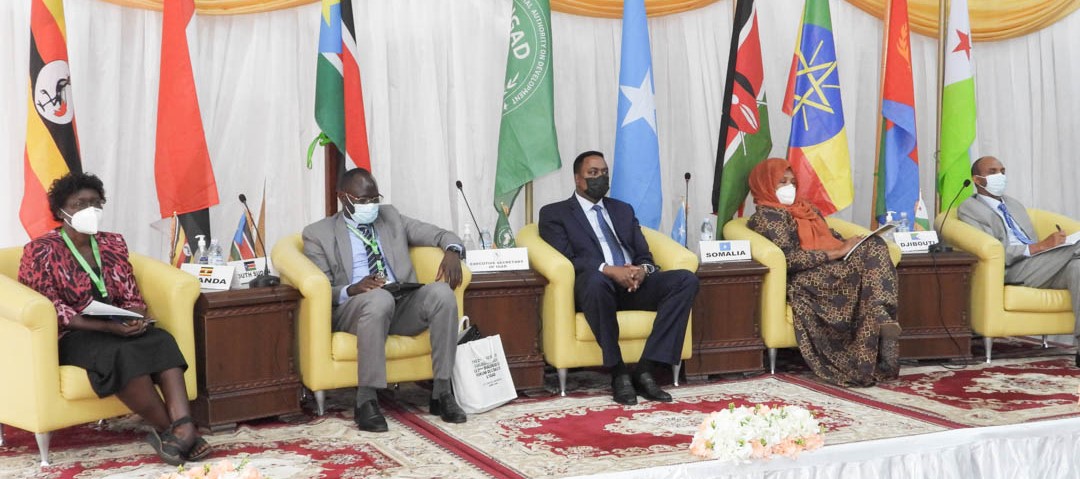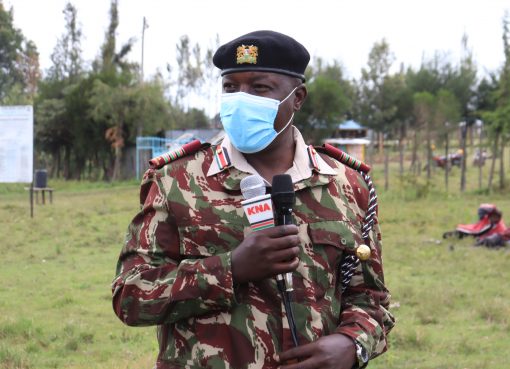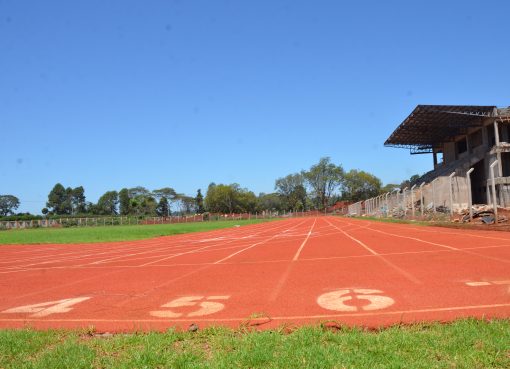The Inter-Governmental Authority on Development (IGAD) held its 2nd Groundwater dialogue in Uganda last week with a strong call on member states to scale up cooperation in management of the resource.
The three-day conference at Entebbe town also challenged water ministers in their respective states to up their games in addressing the problem of climate change that is seriously affecting ground water and its use globally.
The meeting that brought together delegates of diverse expertise in water issues expressed concern at the ever increasing conflicts over groundwater points especially by the pastoralist communities in the horn of Africa.
One of the most critical issues facing the horn of Africa that emerged at the summit was the extreme scarcity of water and unequal shared water resource among the poverty riddled community across the IGAD member states.
IGAD’s Executive Secretary, Mr. Mohammed Musa Mohammed, in a speech read on his behalf by Dr. Wolcan Gibeyu, said the region that lies in eight transboundary river basins was endowed with a significant water resource yet very little efforts had been put to tap the resource to change the life of the local populations in terms of food production and development.
According to statistics available, IGAD region is largely characterized by arid, semi-arid and dry sub-humid areas. The available water resource of the IGAD Transboundary basins is estimated to be about 182.8km3(111.3km3 for surface water and 71.5km3 for groundwater).
It is foreseen that by 2025, all the countries in the region would experience water scarcity and water stress. With an area of 5.2million square km and an estimated 240 million people, a livestock population of over 336 million, the IGAD region could easily be the engine of economic development in Africa.
However, it is regrettable that most development efforts are constrained by existing water problems with the available huge water resource lying idled from being developed and put under use for socio-economic development and environmental management purposes.
Water ministers present from members states of Djibouti, Kenya, Uganda, Ethiopia, Somali, Sudan, and Southern Sudan, unanimously agreed that there was need to tap, protect and share equally the ground water resource in the region for the sake of providing clean water, producing enough food through irrigation and creating an enabling environment for good health and development in general.
Through the numerous research papers presented at the conference whose theme was: ‘Groundwater for Resilience’ the most important thing that emerged from the talks was to find out strategies that would enable member states manage well their groundwater resource and points for the sake of peace and stability in the region.
A case in point was the issue of the ever ending conflicts over water points among the northern Kenya communities that have seen many human lives lost and property destroyed.
From Uganda, to Somali, to Ethiopia and to all other IGAD member states, eruption of violence among competing communities over the use of water from the few available ground water points have always put pressure on leaders to amicably solve the problems on use and management of this resource.
Innovation in groundwater financing and technological development was another key issue that experts presented insight papers on to trigger a robust discussion.
The gathering, sponsored by various partners among them UNESCO, heard that IGAD through financial institutions had secured Sh407 million US Dollar to run a 10 year programme between 2022 and 2031 to promote, to tap and use properly groundwater resource for posterity.
Some of the Key areas the programme will target are in the areas of capacity building, irrigation, drilling of boreholes and promotion of use of technologies such as solar panel to pump water from boreholes among other things.
One of the strategies IGAD has adopted to achieve its mandate is on integrated water management is to create an inclusive regional mechanism, which will be able to formulate common goals and strategies, inclusively arrive at prioritizing regional interventions, mobilizing financial and human resources, coordinate and monitor interventions at regional levels and share experiences, good practices and knowledge to improve performance.
“Hence holding of the 2nd IGAD regional water forum was found to be an appropriate instrument that could assist IGAD execute its mandate,” said, Mr Sam Cheptoris, Minister of Water and Environment, Uganda, during the opening of the summit Tuesday last week.
Other emerging issues were that, other than matters concerning groundwater, Somalia questioned the free use of water originating from IGAD members states by none-IGAD member states, for instance Egypt on use of Nile Water.
The issue of water tariffs also came on the desk of delegates who expressed concern at the high rates some water companies charged on their waters to the disadvantage of the poor consumers in all the IGAD states.
While the overall objective of the forum was to identify both technical and regulations concerning groundwater resources that could accelerate development in the entire IGAD region to spur economic growth and improve livelihoods, it was important that the body bring on board all high-level stakeholders who are involved in decision-making to achieve the intended goal of IGAD groundwater programme.
By George Agimba





